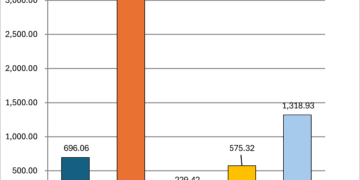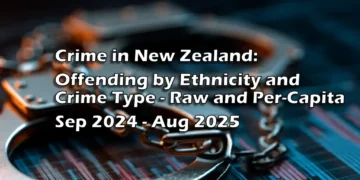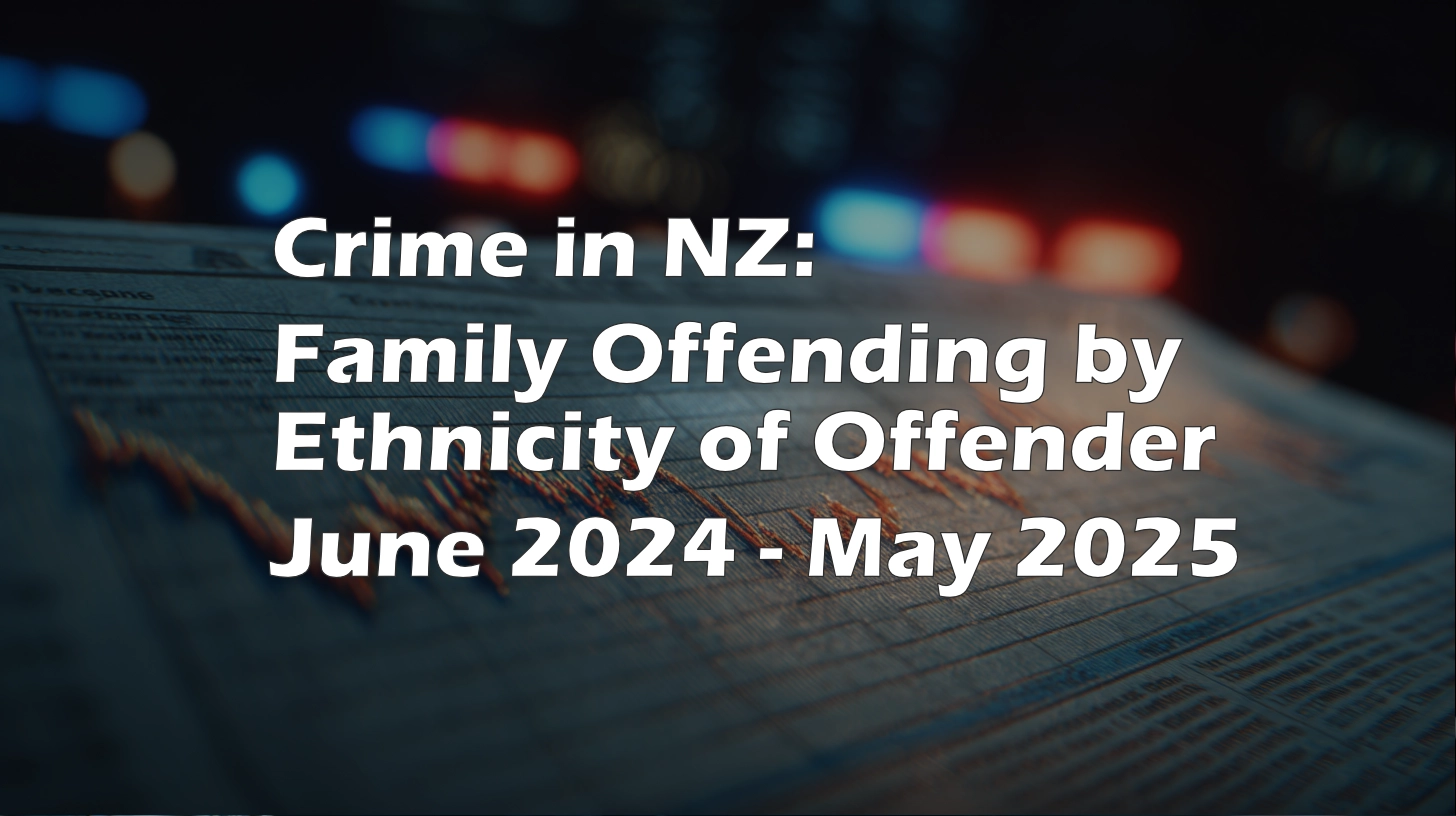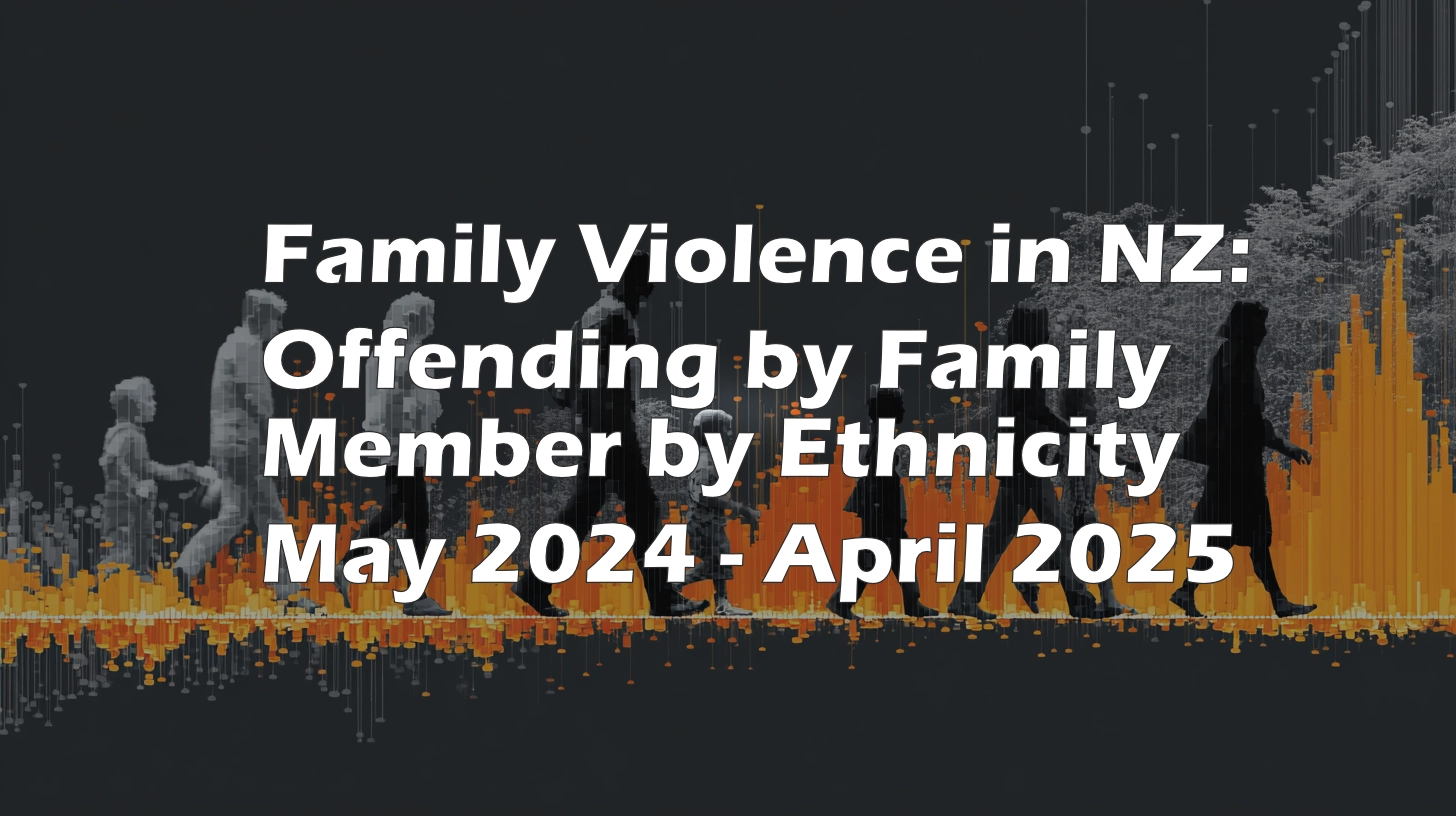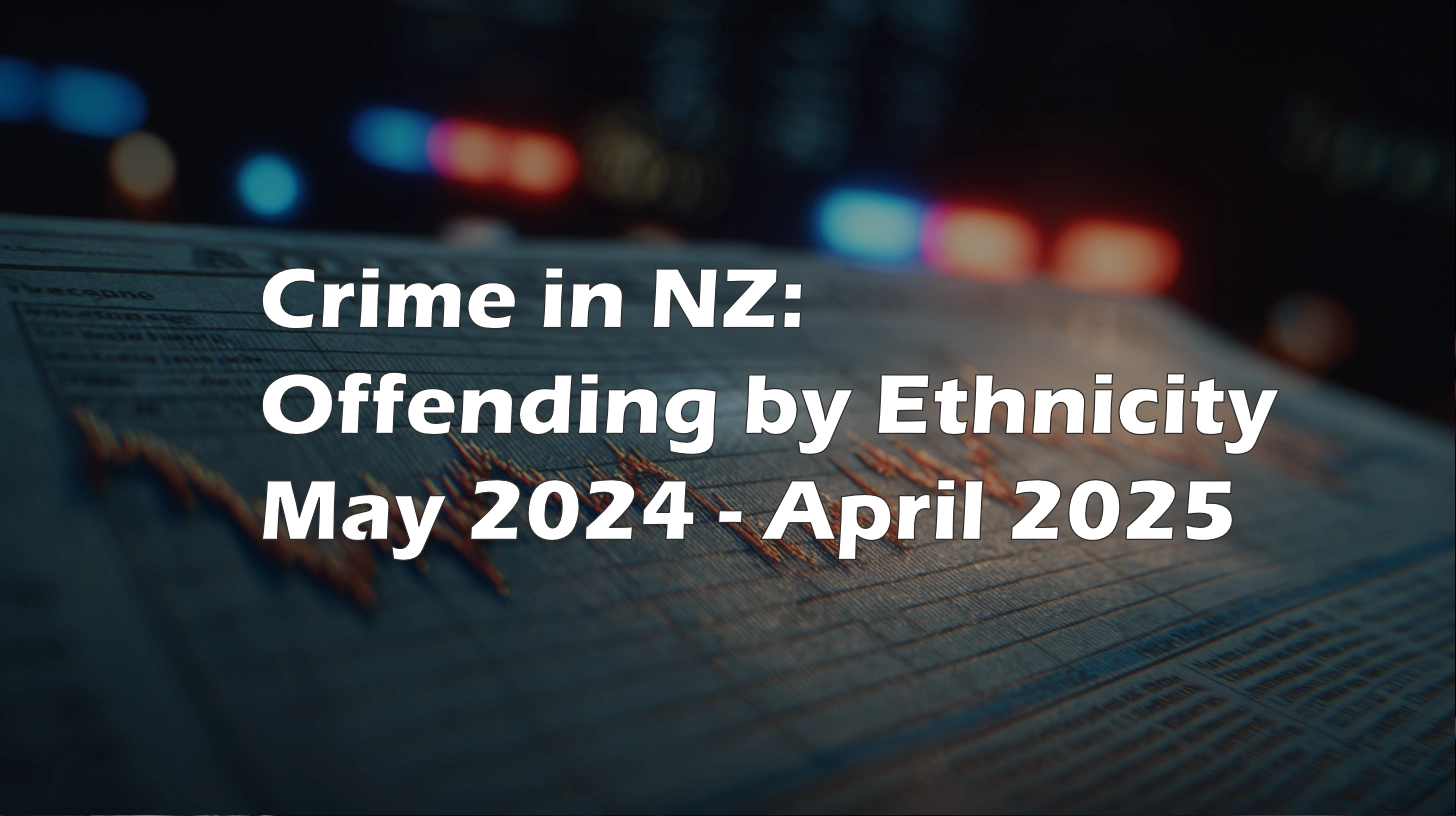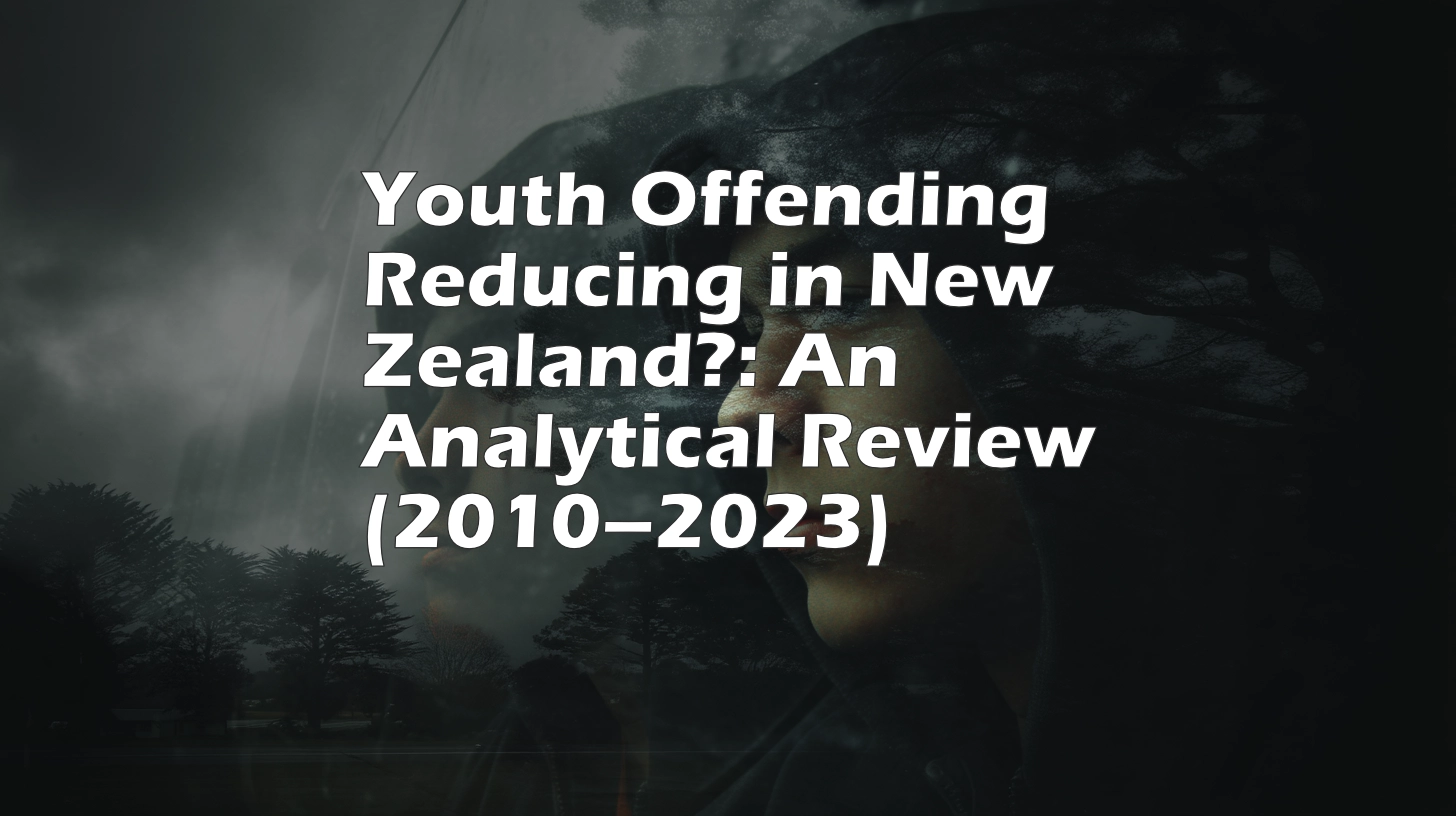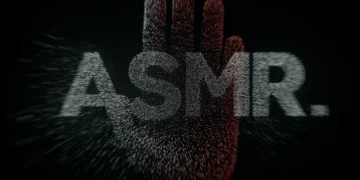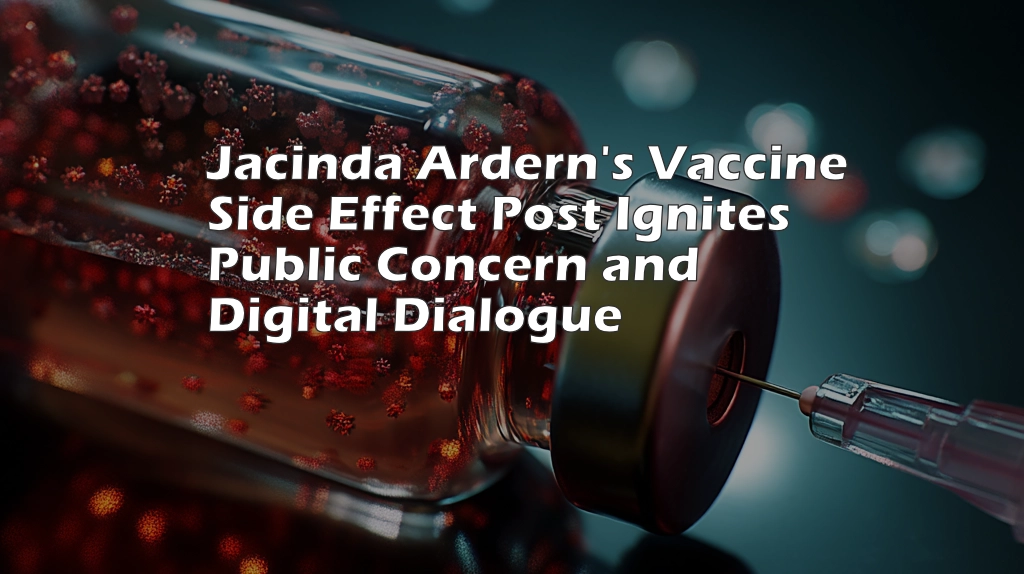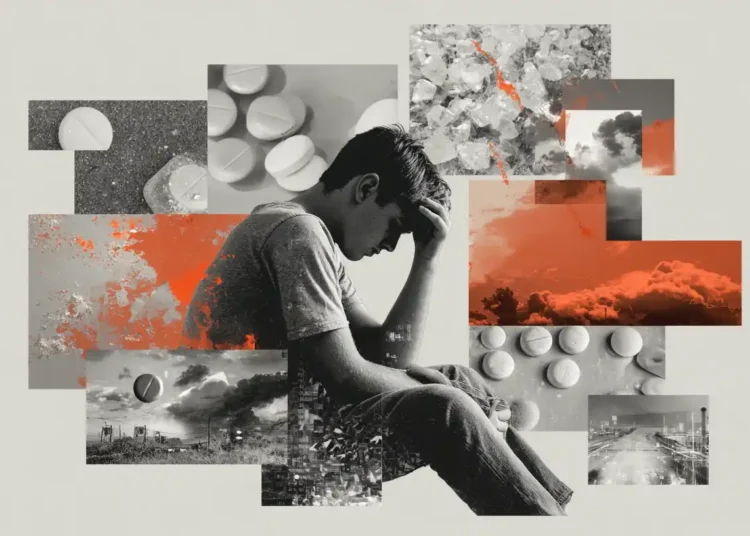
In a Facebook post dated September 2021, then-Prime Minister Jacinda Ardern reached out to the public with a reassuring message about COVID-19 vaccine safety. Citing common concerns about side effects as a leading reason for vaccine hesitancy, Ardern shared her personal experience of mild reactions—like a sore arm and brief fatigue—and encouraged others to seek trustworthy guidance from healthcare professionals or vaccinated friends.
However, what followed was a flood of public responses that starkly contrasted the tone of the original post. With more than 32,000 comments, Ardern’s invitation to dialogue became a lightning rod for individuals expressing dissatisfaction, distrust, and deeply personal accounts of vaccine injury or adverse effects.
While the post was not intended as a political statement, it became a lightning rod for anti-mandate sentiment. Several commenters vowed not to vote for Ardern’s party again. Others said they had trusted the government early in the pandemic but now felt betrayed or ignored.
This public reaction underscores a significant divide between government messaging and public experience—especially among those who felt harmed or unheard.
A Post with Unintended Consequences
Ardern’s message was part of the government’s broader effort to increase vaccination uptake amid ongoing pandemic uncertainty. “Like all medicines, you might experience some mild side effects,” she wrote, attempting to normalize discomfort and emphasize that such symptoms were a sign the vaccine was working.
She linked to New Zealand’s official COVID-19 website for more detailed information and reinforced trust in medical professionals.
But for many commenters, the reality they described went beyond sore arms and weariness.
Public Reaction: Sincere Stories and Scathing Skepticism
What followed was a massive public outpouring. The post received over 32,000 comments, many of which reflected severe dissatisfaction, distress, and disillusionment.
1. Adverse Reactions
Dozens of commenters described severe side effects, including:
- Chest pain and heart palpitations
- Neurological issues such as tremors or facial paralysis
- Debilitating fatigue, dizziness, and chronic pain
- Some individuals mentioned losing mobility or being bedridden for weeks
A recurring theme was the long duration of symptoms—far beyond the 1–2 days Ardern had referenced in her post. Multiple people stated they were still experiencing symptoms months later.
2. Anecdotal Reports of Death
Perhaps most alarming were repeated mentions of deaths allegedly linked to the vaccine:
- One user wrote that their otherwise healthy parent had died within a short time after receiving the vaccine.
- Several claimed family members or friends had passed away “suddenly” post-vaccination, attributing it to cardiac events or unexplained causes.
These anecdotes—while not verified—reflect genuine public distress and a sense of having nowhere else to share these stories.
3. Frustration Over Censorship
Many respondents expressed anger that critical comments were being deleted, both from this post and from other platforms. Some claimed they had previously commented and were “shadow-banned” or blocked.
The comment filtering mechanism (“Most Relevant” default view on Facebook) may have contributed to the perception of censorship. However, for users convinced their voices were being intentionally erased, it only deepened mistrust.
4. Opposition to Vaccine Mandates
Ardern’s post also drew fire for the government’s vaccine mandate policies. A number of commenters accused her of:
- Medical coercion
- Using employment as leverage to force vaccinations
- Threatening democratic rights through mandates on movement and participation in public life
A common sentiment was that the public health strategy had crossed into authoritarian territory. One user declared: “Let’s talk about your fear tactics… just asking for rebellion.”
Moderation or Suppression?
While Facebook’s moderation systems often prioritize removing misinformation or spam, users accused both Facebook and the New Zealand Government of actively removing adverse comments. This belief intensified public anger and contributed to the narrative of suppression.
It’s unclear to what extent comments were removed, and Facebook’s algorithms often automatically filter or hide certain posts under the “Most Relevant” setting. However, the perception of censorship was powerful enough to dominate much of the commentary.
A Turning Point in Public Sentiment?
The overwhelming volume and emotional weight of the responses turned what was designed to be a supportive public health message into a mirror of broader pandemic frustrations. The post inadvertently opened a channel for those who felt silenced to share their stories en masse—an unfiltered snapshot of mistrust and trauma.
This episode illustrates the tension between public health messaging and digital democratic engagement. In a time when health authorities need to build confidence, balancing openness with responsibility remains a core challenge.
Conclusion: What Happens When the Public Speaks Back?
Jacinda Ardern’s post, while possibly crafted with empathy and good intent, exposed a stark divide between official messaging and lived experience. It also raises important questions about how governments should engage with dissenting voices, especially during times of national crisis.
Rather than quiet the conversation, the post amplified it—revealing the deep need for empathetic listening, transparency, and a willingness to engage with hard truths in public discourse.
If nothing else, the responses to this single Facebook post underscore one thing: New Zealanders wanted to be heard. Whether or not they were, remains a matter of ongoing debate.
Far from a tidy conversation about vaccine side effects, the post exposed:
- A lack of support for individuals experiencing adverse events
- A perception of censorship and gaslighting
- A growing distrust in institutions, particularly among those who felt their suffering was not acknowledged
In the end, the responses to this post highlight a critical challenge for future health campaigns: to acknowledge public pain with honesty, transparency, and a willingness to listen—even when the stories don’t align with official narratives.









